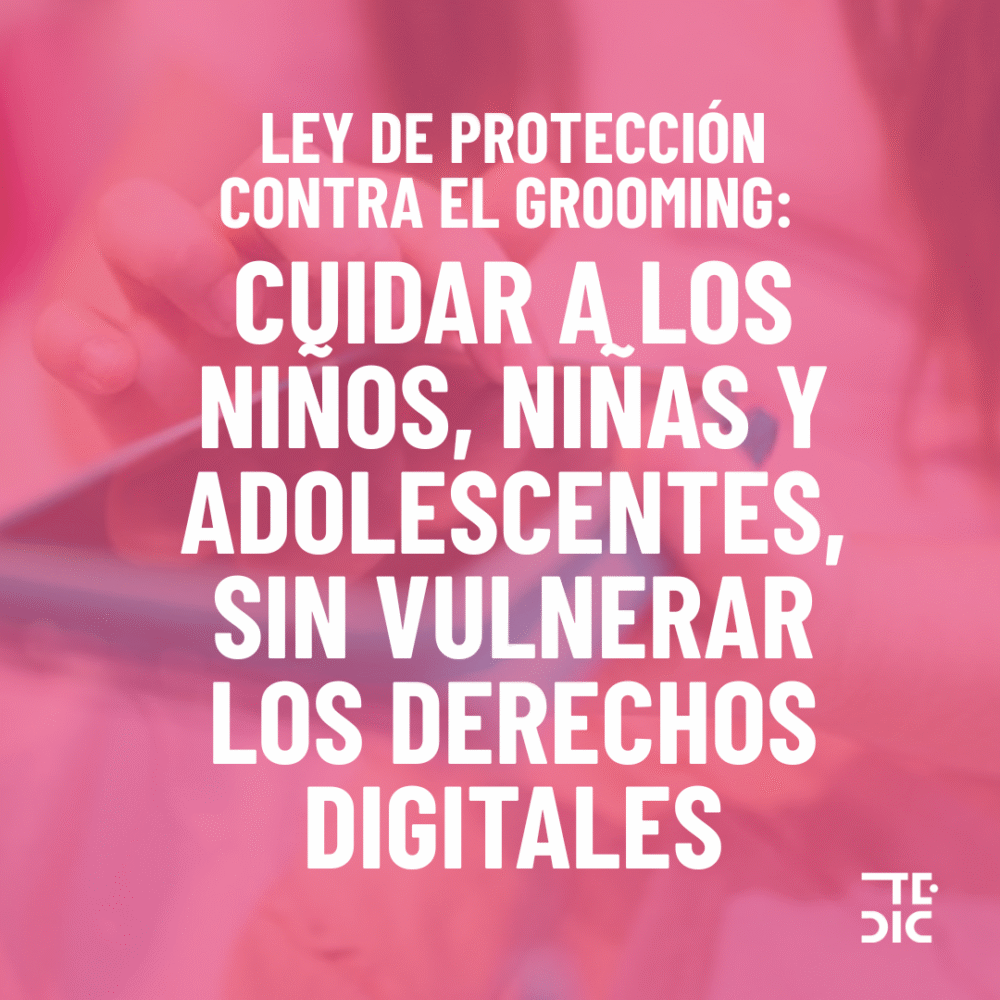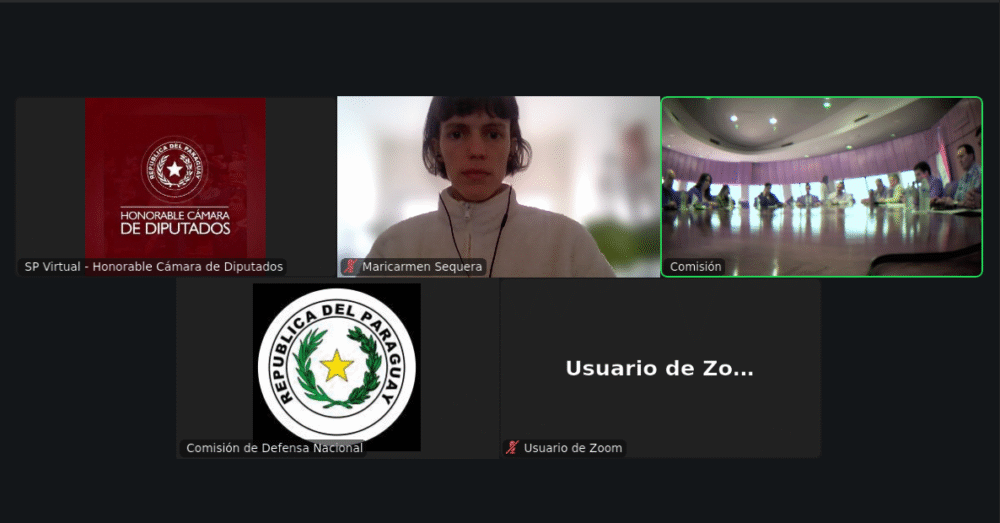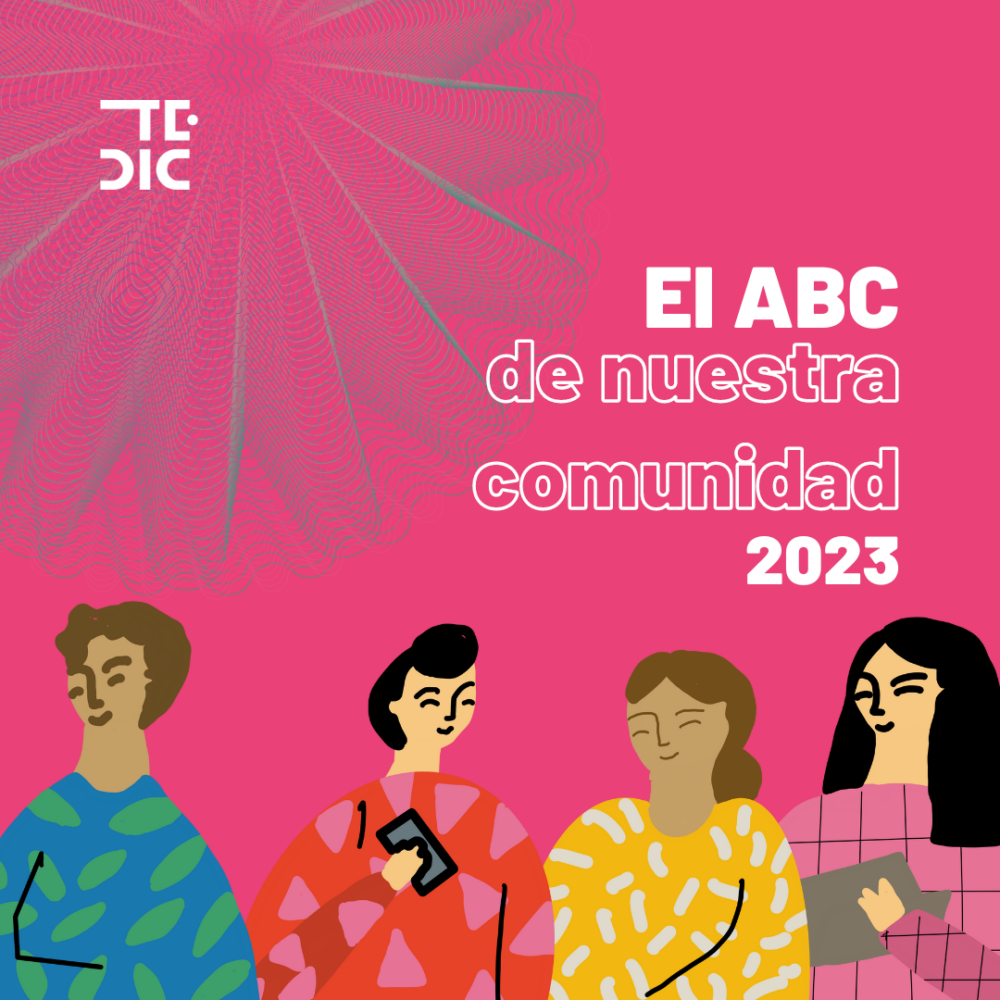
Grooming—the harassment or manipulation of children and adolescents by adults for sexual purposes via the Internet—is one of the most serious forms of digital violence. In recent years, its growth has set off alarm bells in Paraguay and prompted the introduction of a bill on the protection of children and adolescents against grooming, which was submitted to the National Congress at the end of 2024.
The initiative seeks to establish a legal framework to prevent, detect, and punish this crime, as well as to protect and assist victims. However, in the search for an urgent solution, the text poses some risks that could violate fundamental rights in the digital environment.
In September 2025, TEDIC was invited by the Chamber of Deputies’ Science and Technology Committee to participate in a public hearing and present a legal analysis of the bill. We welcome the fact that the National Congress is addressing this issue, but we cannot ignore that there are provisions that could affect privacy, freedom of expression, and the encryption of communications.

TEDIC submitted a legal analysis to the Chamber of Deputies, highlighting the points that concern us most. One of the most sensitive issues in the bill is the ambiguous definition of digital platforms, which groups social networks, messaging services, and decentralized platforms under the same concept. This imprecision could lead to technical obligations that are impossible to fulfill or that generate overregulation incompatible with international human rights standards.
Another worrying aspect is the responsibility of Internet intermediaries. The bill proposes that platforms monitor and report possible cases of grooming, which would involve accessing the content of private conversations and breaking end-to-end encryption. In addition to being technically unfeasible, this measure would violate the privacy of millions of people and set a precedent for mass surveillance.
It is also important to remember that the Manila Principles and the Santa Clara Principles establish that intermediaries should not be liable for content generated by third parties, except by specific court order. Any attempt to impose surveillance or preventive censorship is contrary to international human rights law.
How can we protect children without weakening digital democracy?
Among our conclusions, TEDIC recommends strengthening international judicial cooperation, improving the investigative capabilities of the State, and promoting digital education for children and adolescents. Imposing surveillance or blocking platforms is not only disproportionate, but counterproductive.
Combating grooming requires a comprehensive approach that focuses both on protecting children and adolescents and on defending a free, safe, and respectful Internet.
Only through this balance will it be possible to build a regulatory framework that truly protects the most vulnerable people, without opening the door to censorship or mass surveillance.
Read the full legal analysis here.

 ABC of our community in 2023
ABC of our community in 2023